Healthier Populations, Everywhere
Filters
Region
Country
Focus Areas
Vaccine Preventable Diseases
Client

Define use cases for micro-array patches for typhoid conjugate vaccines and assess their market feasibility
Develop and validate use cases for typhoid conjugate vaccine microarray patches (TCV-MAPs), determine which countries would use TCV-MAPs, and forecast potential demand as part of the development of the full vaccine value assessment.
Gavi, The Vaccine Alliance (Gavi)
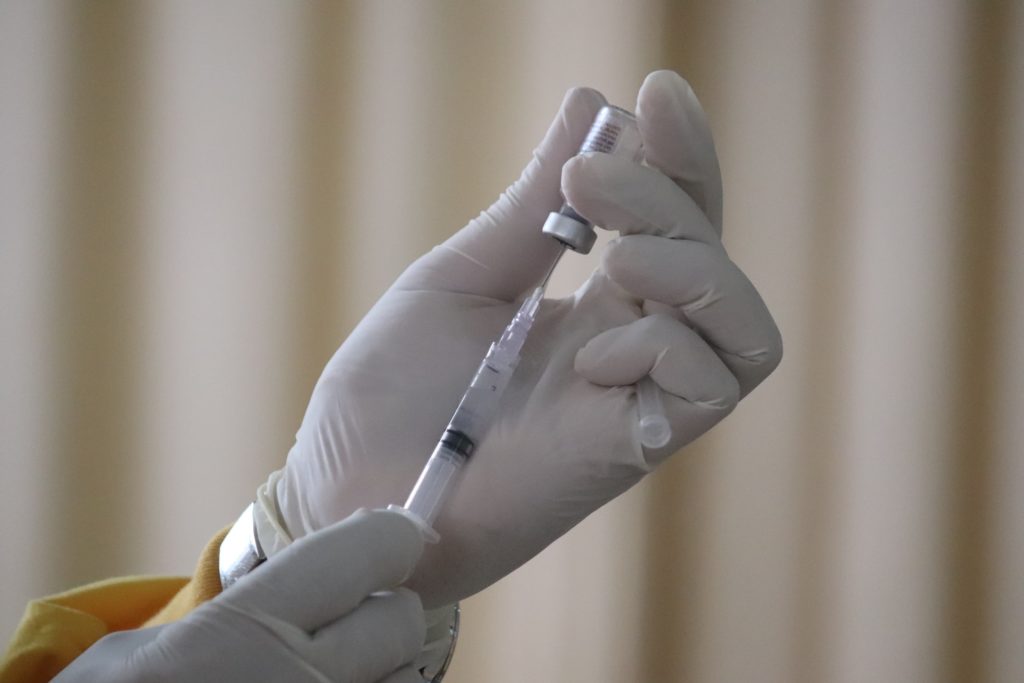
Develop an initial value assessment for measles-rubella microarray patches
Assessing public and private sector perspectives to identify solutions to roadblocks preventing the development and implementation of the measles-rubella microarray patch in low- and middle-income countries.
UNICEF
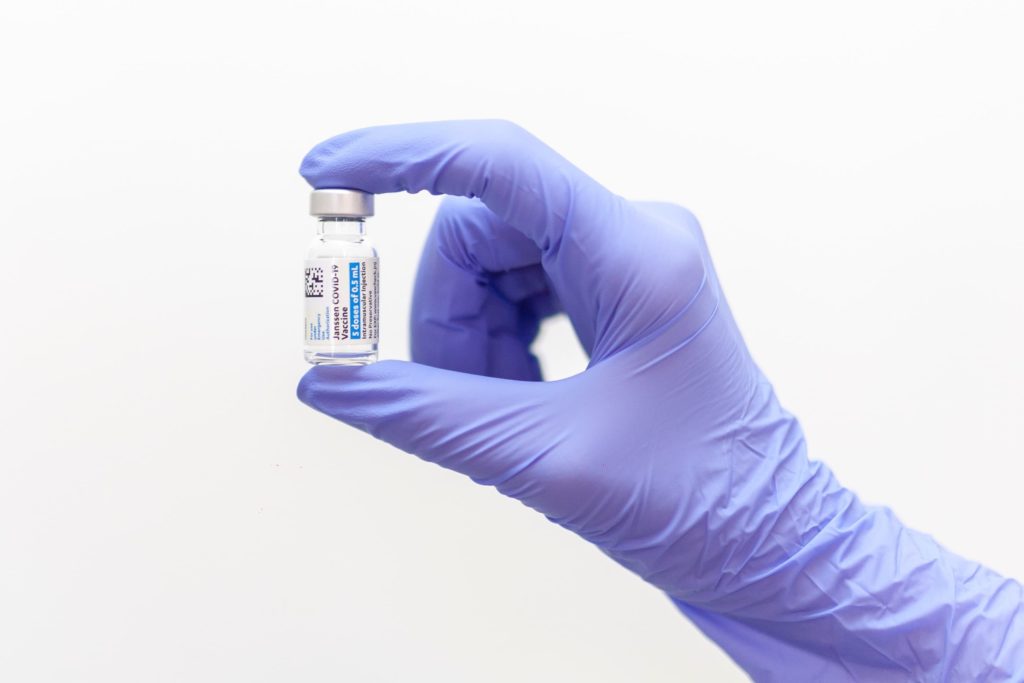
Assess the factors enabling the rapid development and approval of COVID-19 vaccines
Identify and understand the factors that accelerated COVID-19 vaccine development and authorization timelines and develop actions to replicate these factors for vaccines needed in low- and middle-income countries.
Wellcome Trust
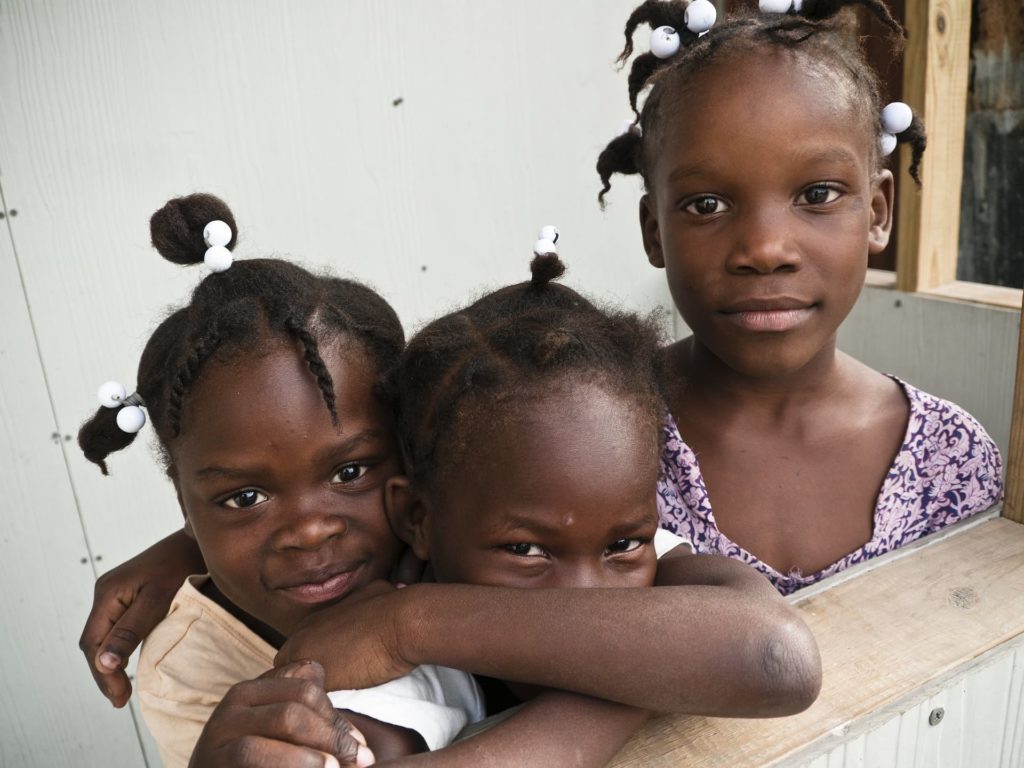
Define and prioritize research questions to support Ending Cholera – A Global Roadmap to 2030
Create a guide that focuses the allocation of resources (financial and human) towards answering the most pressing research questions that will have the most significant impact on our ability to control cholera.
Wellcome Trust
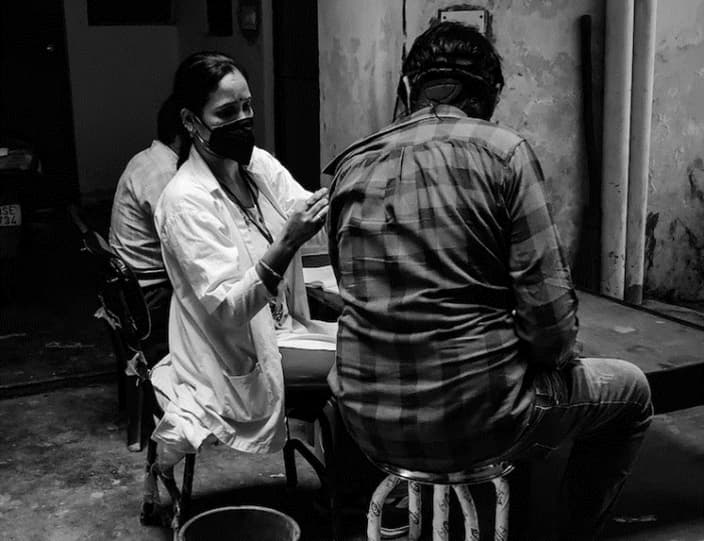
Understanding the vaccine ecosystem: structure and challenges
Evaluation of the vaccine development ecosystem to identify areas for investment to support more efficient vaccine development for low-income countries and diseases with epidemic potential.
Wellcome Trust

Development of the Measles and Rubella Strategic Framework 2021-2030
Supporting development of the 10-year strategic framework for measles and rubella.
Measles & Rubella Partnership
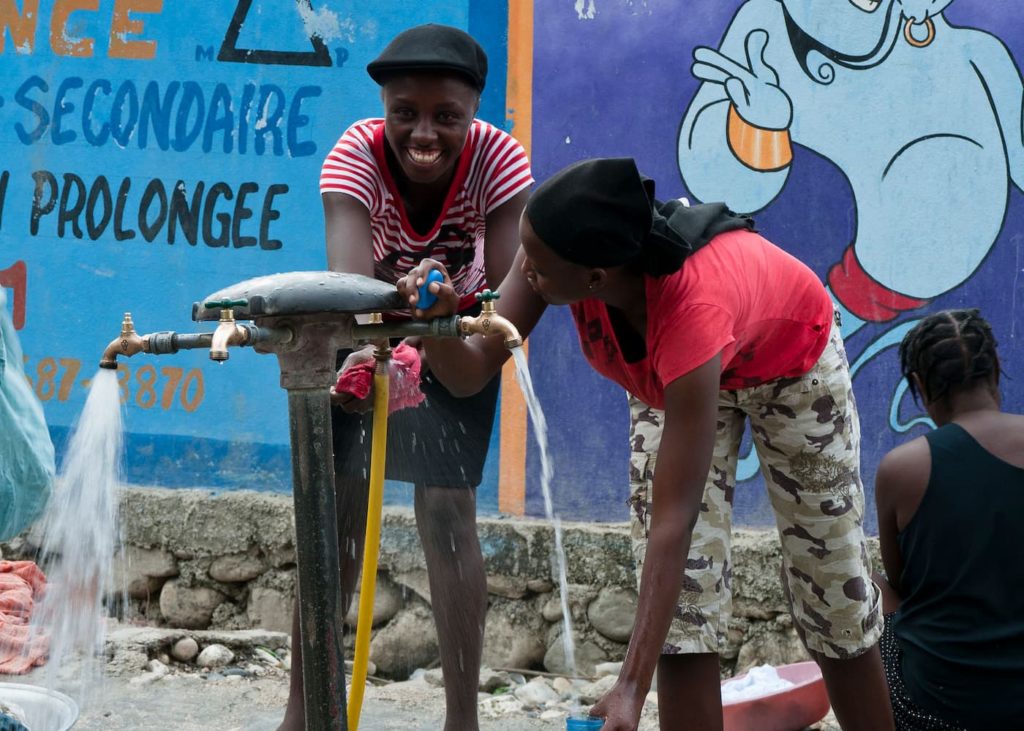
Develop an investment case for a global roadmap to ending cholera
Develop a multi-sectorial investment case to support advocacy for fundraising to implement the Ending Cholera: A Global Roadmap to 2030 strategy.
Global Task Force on Cholera Control (GTFCC), Bill & Melinda Gates Foundation
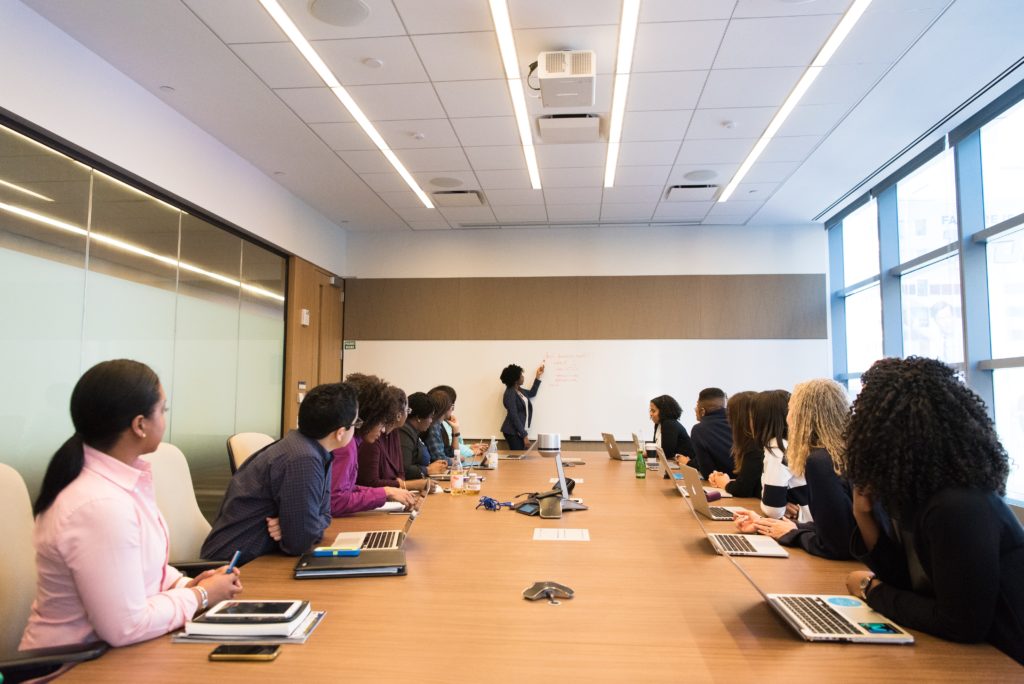
Support the WHO secretariat to the Strategic Advisory Group of Experts (SAGE)
Support the secretariat of the WHO SAGE on immunization to synthesize evidence on select topics and draft meeting reports to facilitate policy-making.
World Health Organisation (WHO)
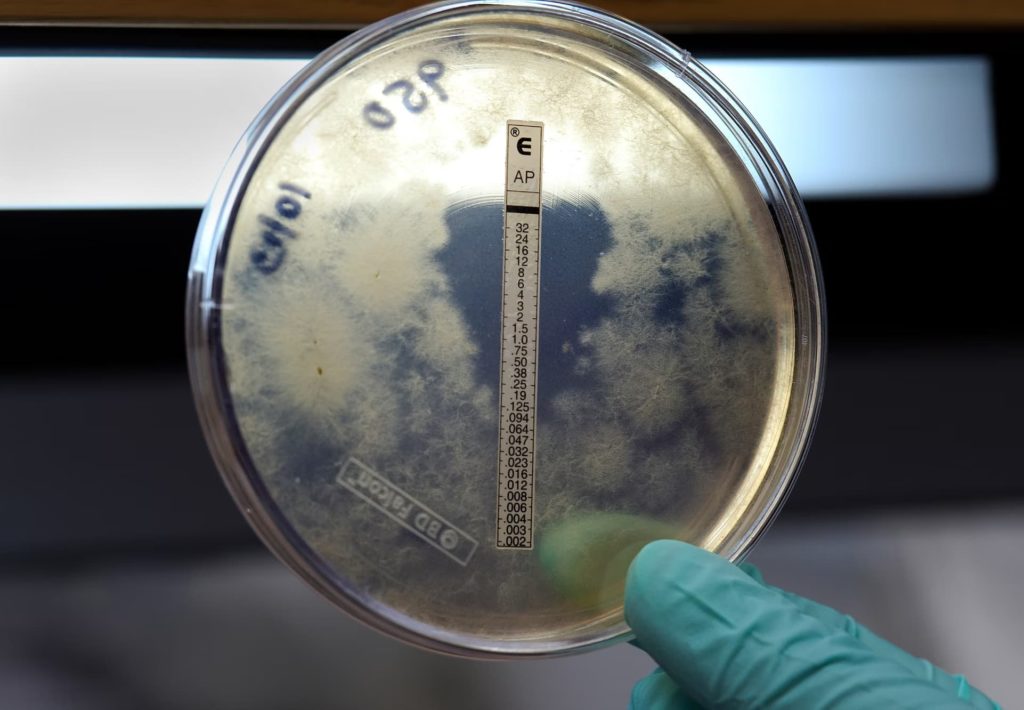
Improving access to meningitis vaccines
Support to the International Coordinating Group (ICG) for meningitis to improve access to vaccines for the international stockpile.
World Health Organisation (WHO)
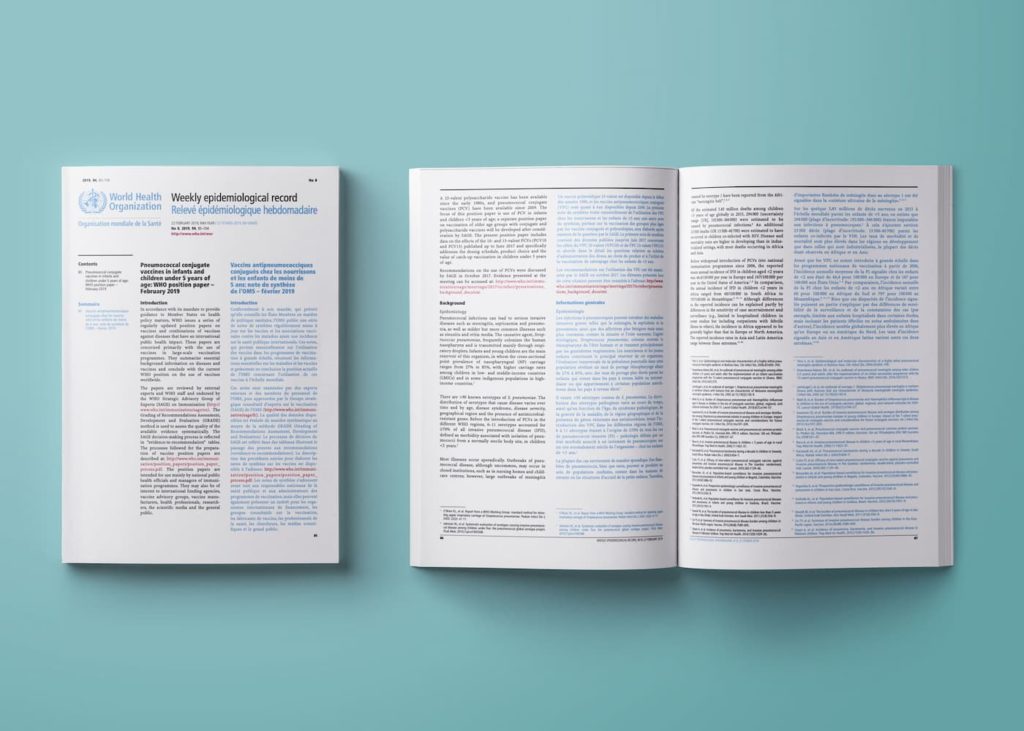
WHO position paper on pneumococcal conjugate vaccines for children under 5 years of age
Support WHO to draft and publish the position paper on pneumococcal conjugate vaccines in infants and children under 5 years of age.
World Health Organisation (WHO)
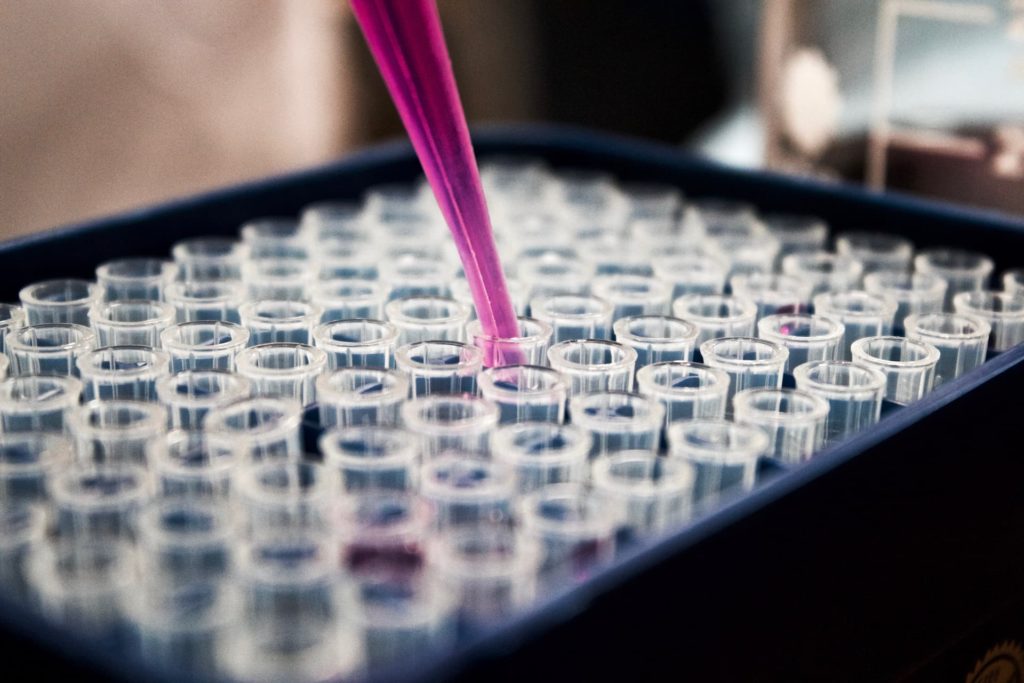
Rapid Vaccine Manufacturing Diagnostic Study
MMGH is assisting the Inter-American Development Bank to prepare a rapid vaccine supply diagnostic study in support of work aimed at generating capacities in the countries that integrate PROSUR to produce vaccines for disease epidemics such as the COVID-19 pandemic. Through this project, MMGH is assessing existing vaccine manufacturing capacity in LAC region countries and regional demand and procurement mechanisms for COVID-19 and non-pandemic routine vaccines. A framework is also being developed to evaluate the optimal locations for investment to establish future vaccine manufacutring and fill and finish capabilities.
Inter American Development Bank
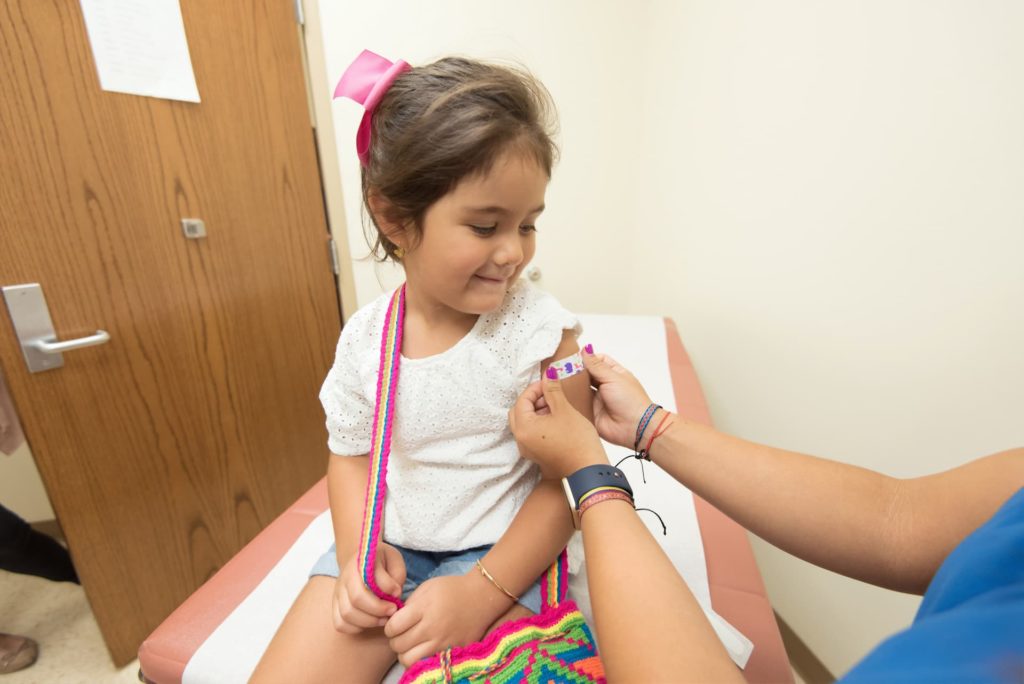
Seasonal influenza vaccine value proposition: Development of a generic use case analytical framework and validation of use cases and country archetypes
MMGH is supporting the US CDC and WHO to validate preliminary use cases and country archetypes previously developed for seasonal influenza vaccines. MMGH is conducting staekholder surveys, interviews and workshops with global influenza experts to validate the use cases and country archetypes for seasonal influenza vaccines developed in the earlier project. These activities are also supporting the development of an analytical framework that is applicable to any influenza vaccine profile (e.g., next-generation and universal influenza vaccines). The project will help to support the full value of seasonal influenza vaccine assessment, including key market dynamics analayses and roadmaps and action plans for current and future seasonal influenza vaccine use.
Centers for Disease Control and Prevention (CDC)
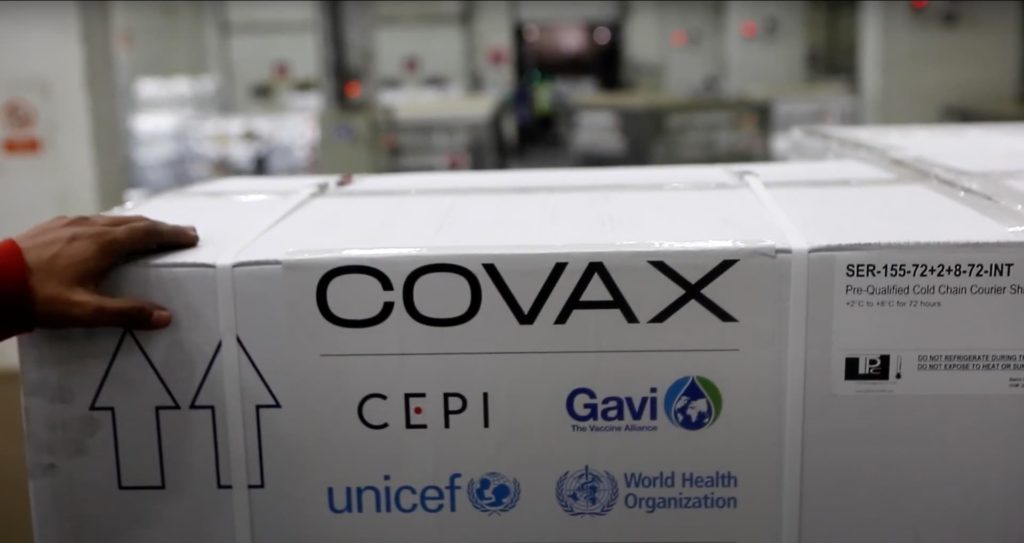
COVID-19 Support to Gavi, the Vaccine Alliance
MMGH supported Gavi, the Vaccine Alliance by documenting and synthesizing its key decisions related to the COVAX Facility and COVAX Advance Market Commitment (AMC). Activities include a desk review, key informant interviews, and thematic analysis. The conclusions from this work will serve to improve Gavi’s current learnings on the COVAX Facility and COVAX AMC design, governance, and operationalisation. Further information on the COVAX Facility and COVAX AMC can be found on the Gavi website.
Gavi, The Vaccine Alliance (Gavi)
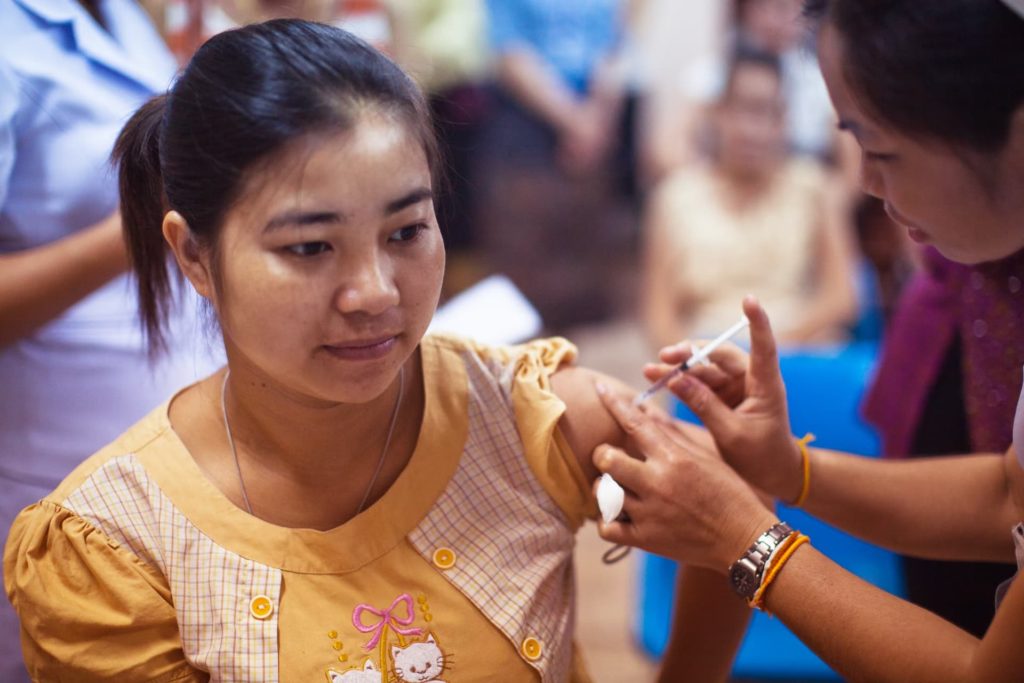
Human Papillomavirus (HPV) affordability analysis
MMGH supported the WHO Department of Immunisation and Biologicals (IVB) in defining a logical framework to assess the barriers to access human papillomavirus (HPV) vaccine in middle-income countries, with a focus on affordability. The project, performed in collaboration with the Clinton Health Access Initiative (CHAI), led to the identification of a subset of countries that can benefit from specific technical assistance related to affordability and access.
World Health Organisation (WHO)

Redesign of the Eliminate Yellow Fever programme governance and work plan
MMGH supported the Eliminate Yellow Fever (EYE) Secretariat at WHO in streamlining programme governance and defining the general lines of action to serve as the foundation of a three-year multi-agency workplan. MMGH facilitated the interaction across the different partner agencies involved in the initiative and advised on the redesign of a streamlined governance structure. The streamlined governance structure should enable the initiative to have a more effective response to implementation challenges.
World Health Organisation (WHO)
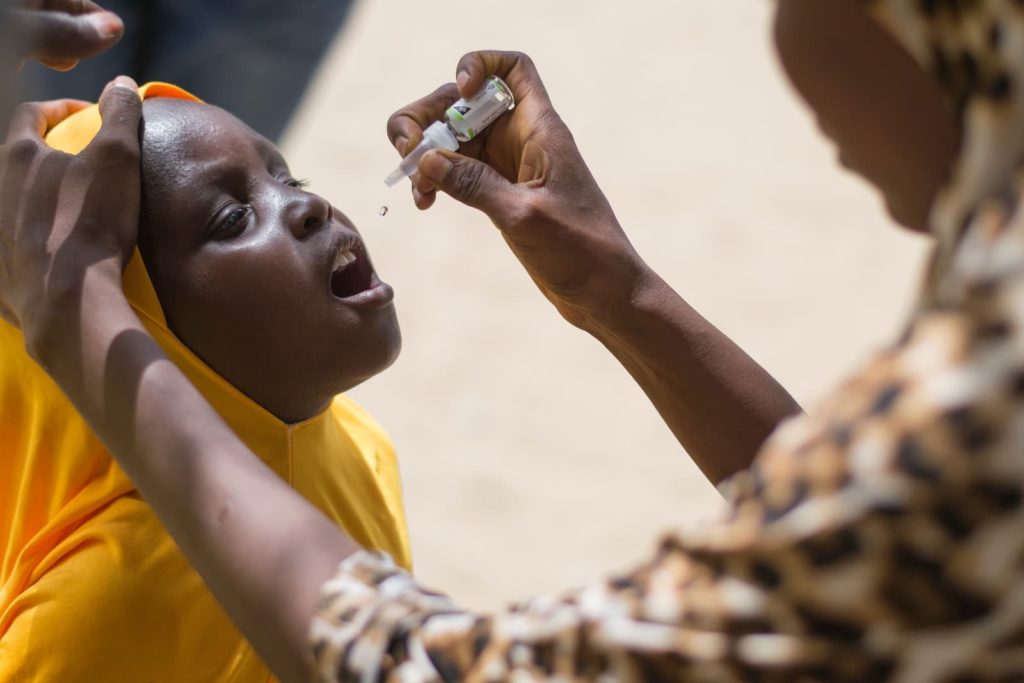
Development of operational guidelines on equity in immunisation
MMGH supported the WHO Regional Office for Europe in drafting operational guidelines for programme managers to measure inequities in immunisation, with a focus on understanding the root causes and implementing solutions to achieve equity in access to immunisation.
World Health Organisation (WHO)
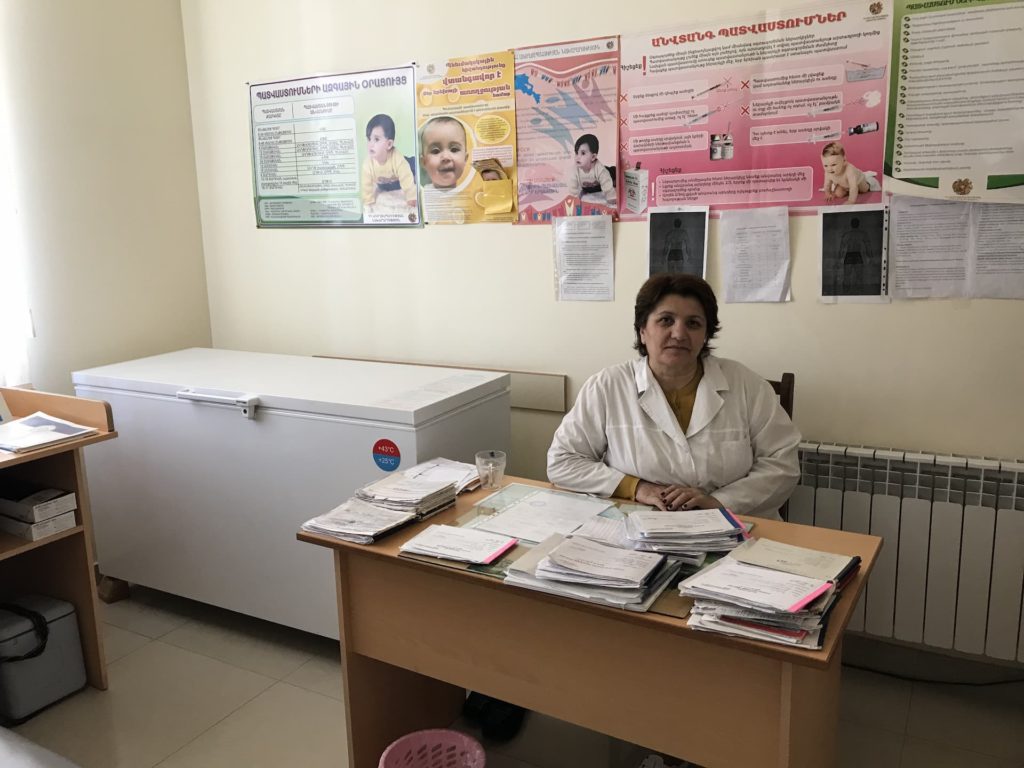
Middle Income Countries strategy for the European region
MMGH supported the WHO Regional Office for Europe in developing a strategic framework to address the challenges faced by the middle-income countries in the region. This framework informed the development of a detailed roadmap to implement the recommended actions.
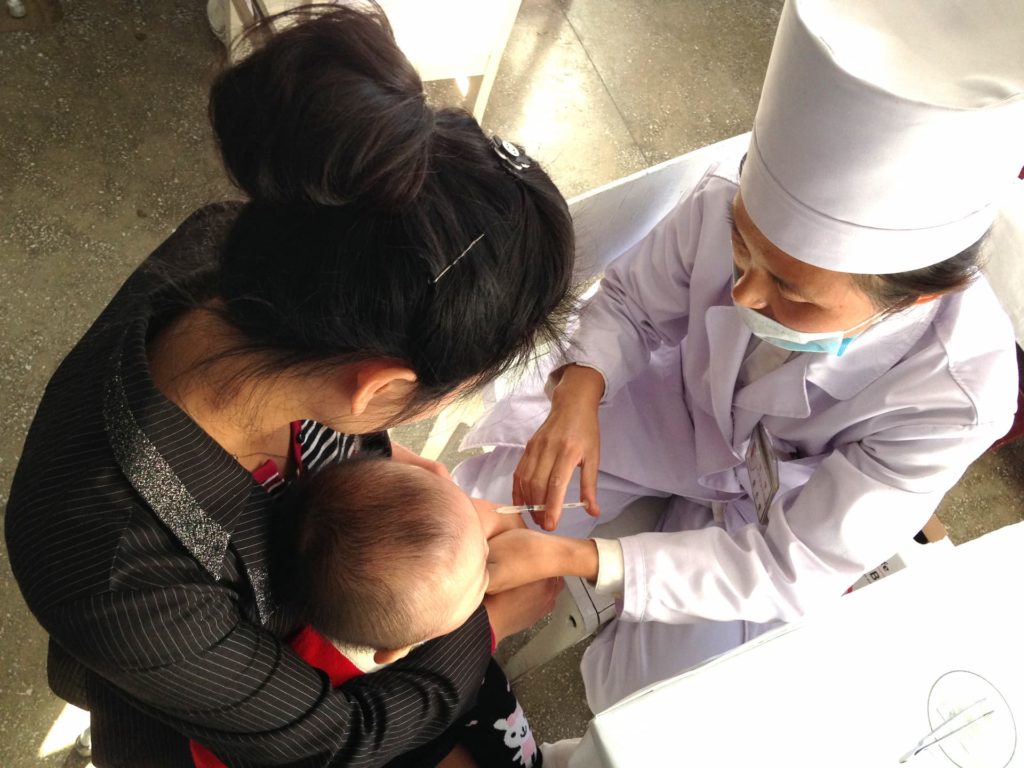
Strategy for accelerated control of Japanese encephalitis in South East Asia
MMGH supported the WHO Regional Office for the Western Pacific in developing a guide for accelerating control of Japanese encephalitis (JE). The guide outlines regional targets, defines strategies and activities to accomplish these targets, and provides a framework for countries to develop national plans tailored to their situation. MMGH collaborated with the WHO Regional Office, country representatives and global experts to facilitate a meeting, draft the guidance and work towards an endorsed and funded strategy for JE control in the region.
World Health Organisation (WHO)
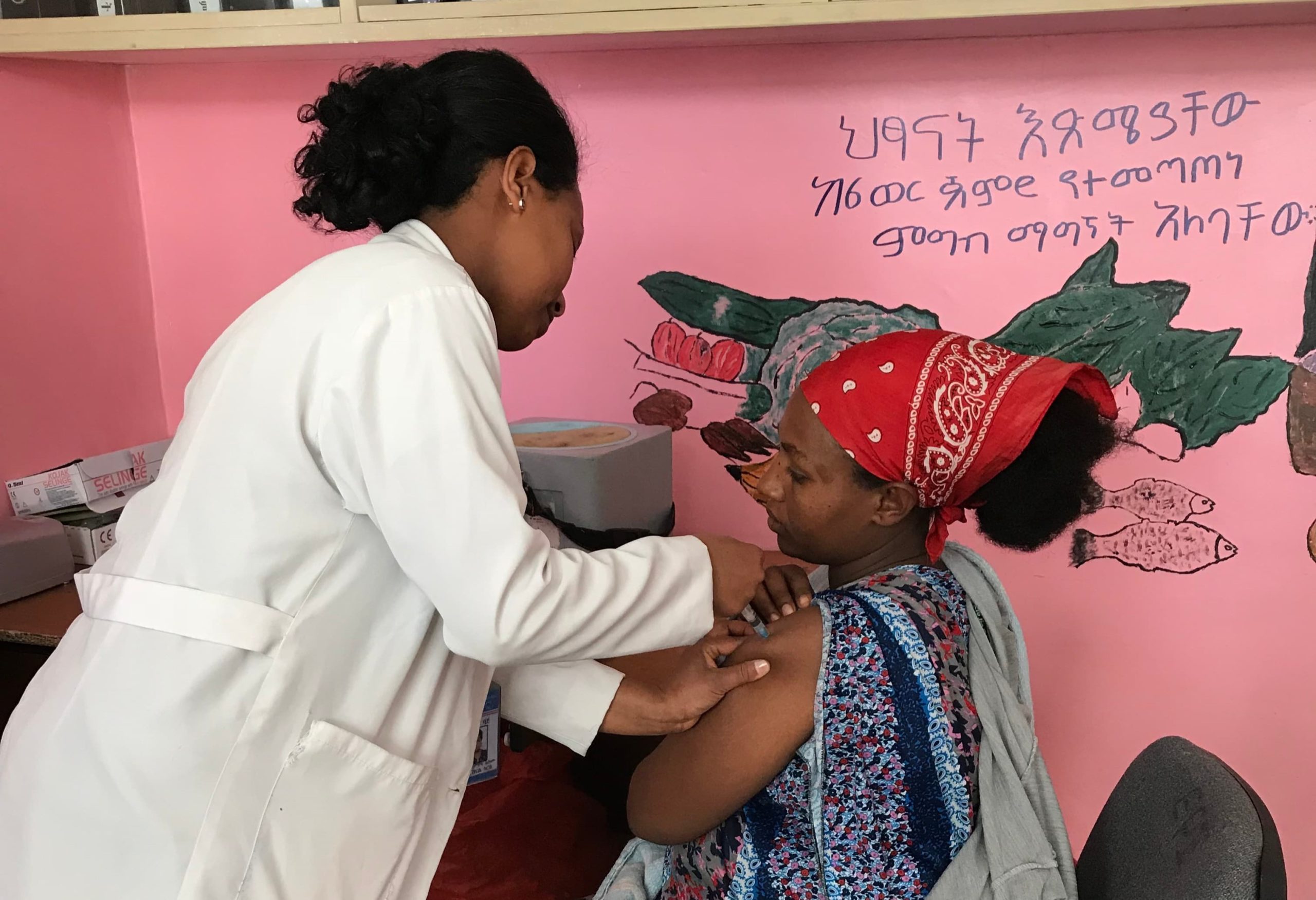
Maternal Immunisation and Antenatal Care Situational Analysis (MIACSA)
MMGH supported the WHO in conducting a Bill & Melinda Gates Foundation supported project that investigated and analysed the status of maternal immunisation delivery strategies in low and middle-income countries. This included developing a typology of health systems in terms of how they deliver vaccines to pregnant women, and exploring approaches to improve country readiness for delivering new maternal vaccines, such as those against Respiratory Syncytial Virus and Group B Streptococcus.
World Health Organisation (WHO)
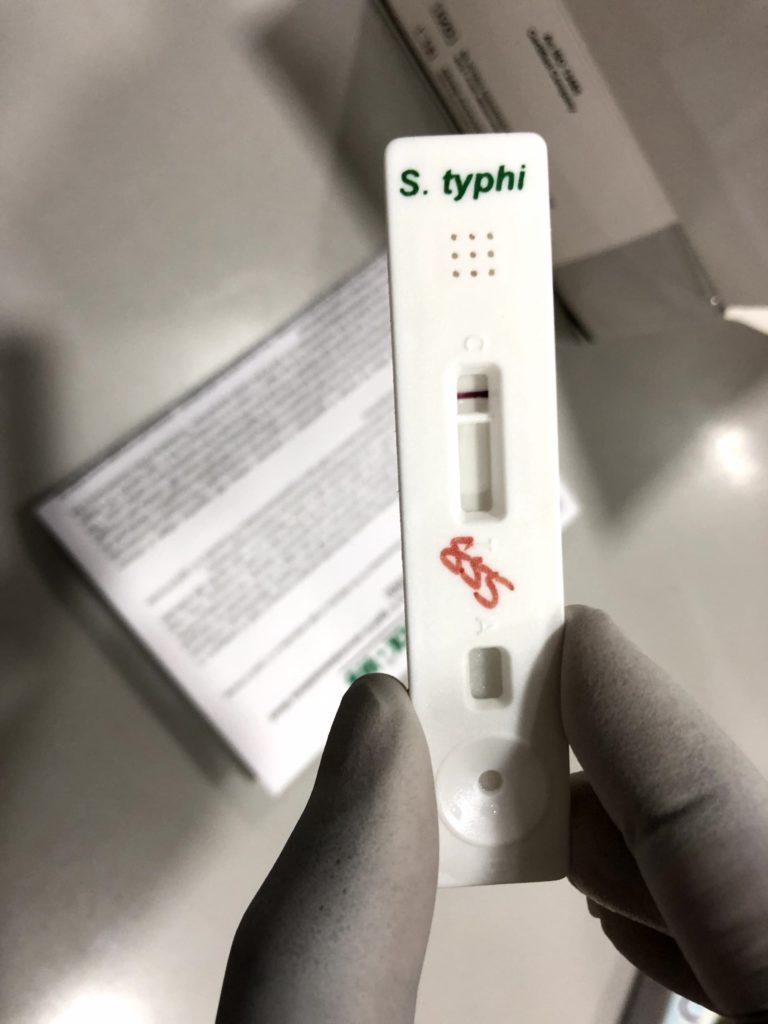
Development of the WHO’s typhoid vaccines position paper
MMGH supported the WHO Initiative for Vaccine Research (IVR) in facilitating a Strategic Advisory Group of Experts on Immunisation (SAGE) Working Group review of the scientific evidence and programmematic considerations supporting use of typhoid vaccines, with a focus on conjugate vaccines. The resulting vaccine recommendations were endorsed by the WHO SAGE in October 2017 and published as a WHO Position Paper.
World Health Organisation (WHO)
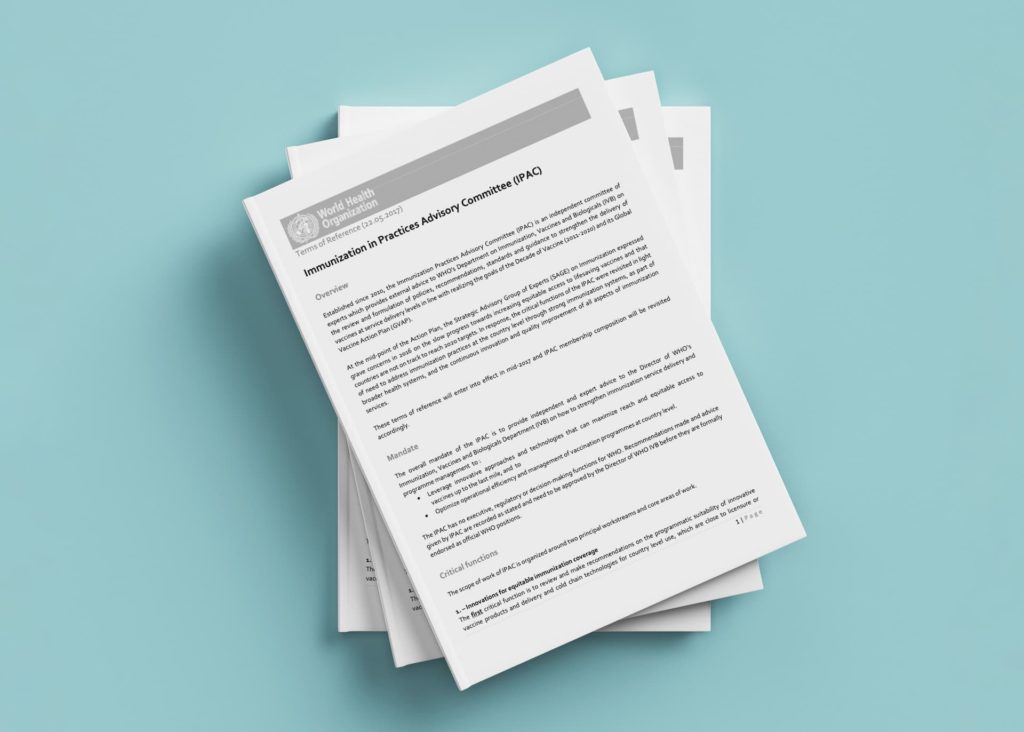
Immunisation Practices Advisory Committee (IPAC) ToR revision
MMGH supported the WHO Immunisation Practices Advisory Committee (IPAC) Secretariat in revising the committee’s Terms of Reference (ToR). Based on information collected by MMGH during a series of in-depth stakeholder interviews and discussions, the functions of the committee were aligned with the new WHO structure and workplan as well as with those of other WHO global immunisation advisory groups.
World Health Organisation (WHO)
